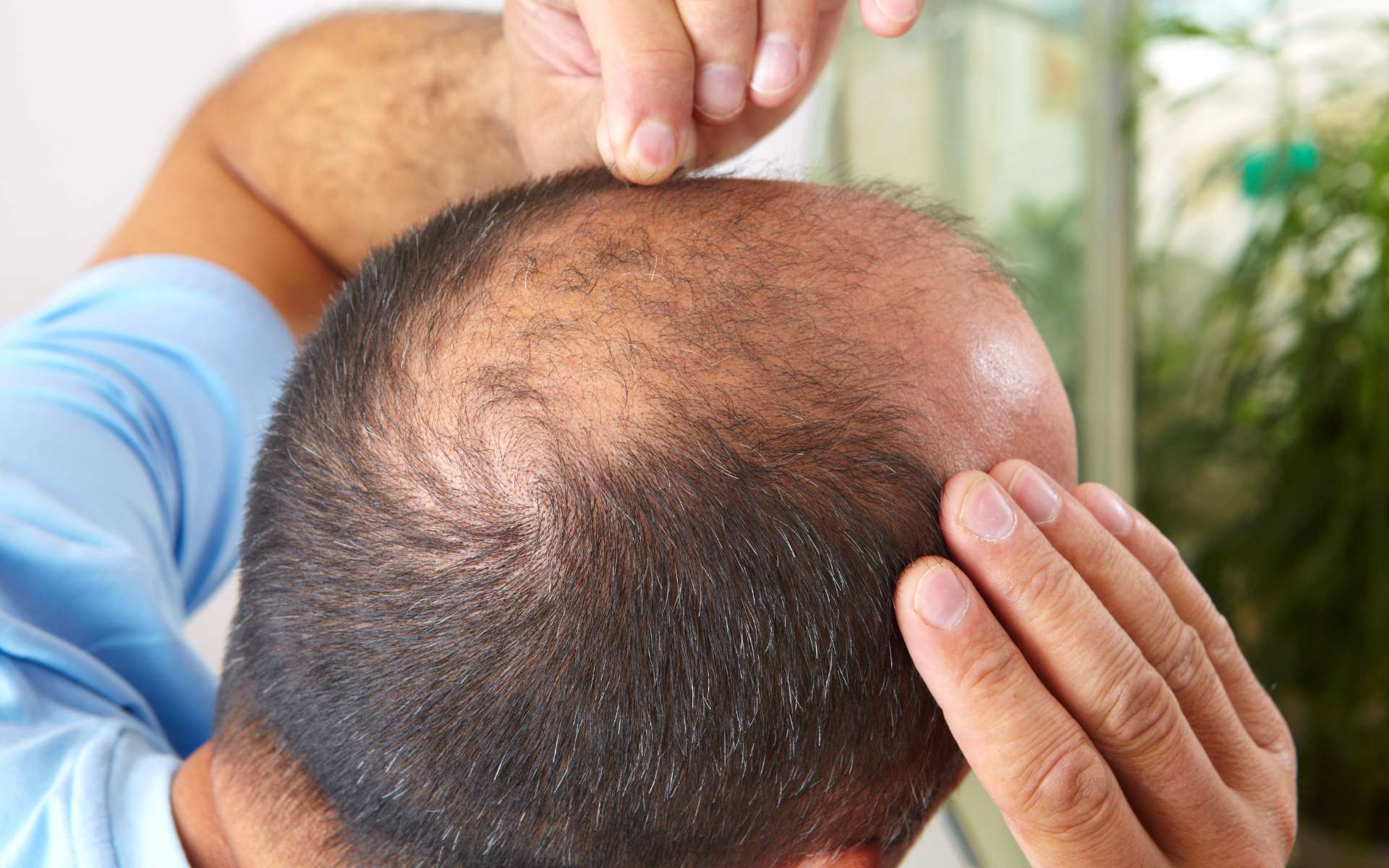
After taking the decision to opt for a hair transplant, the patient often wonders about the appropriate time to undergo this procedure. In fact, there are several factors that can influence the time of its realization and that can be associated either with the patient himself or with exogenous criteria.
Apart from the factors of age and health of the patient, the proper planning of the hair transplant surgery also consists of taking into account the total availability of the patient.
We will focus here on several factors that determine the appropriate time for hair transplant.
What factors determine the time it takes to perform a hair transplant ?
There are several factors involved in setting a compatible appointment to perform a hair transplant. The first major factor that the patient must take into consideration is his age as there is a specific age to undergo a hair transplant.
Moreover, it is important to evaluate not only the patient’s age and physical and psychological health, but also his temporary availability, the degree of hair loss and finally the weather conditions of each season.
To summarize, the factors determining the appropriate time for a hair transplant are :
The age of the patient
The state of physical health
The state of psychological health
Temporary availability
Seasonal weather conditions.
The age of the patient
The age of the patient is one of the most important criteria that influence the surgeon’s decision to perform a hair transplant or not.
Generally, alopecia can appear in adolescence, however, the realization of hair transplant is not indicated for young patients because their baldness has not yet stabilized which will influence their appearance if they have opted for this technique.
In fact, most doctors recommend it at the age of 23, it is the minimum age for hair transplant.
As for the maximum age, it has not been determined by scientific data except that the patient must be in good health.
The state of physical health
Before deciding on a hair transplant, it is necessary to consider the patient’s health, eliminating all pathologies that do not allow the procedure to be performed or delay it for another time.
Usually, patients with cardiovascular, immune and epileptic disorders as well as certain transmissible diseases such as HIV and hepatitis C are unfortunately not good candidates for a hair transplant.
Every person during his lifetime can suffer from a cough that persists for a period of time before being cured. In fact, it is recommended for patients who cough to delay the hair transplant operation in order to avoid any discomfort for the doctor and for themselves.
Psychological condition
Patients suffering from psychological disorders are often not good candidates for hair transplant.
Also, those who get angry quickly, it will be difficult to meet their expectations in terms of hair transplantation that is why it is recommended for these people to control their anger before determining a time for hair transplant.
Another psychological disorder known as Trichotillomania which is an anxiety disorder in which the patient repeatedly pulls out his hair, may be a contraindication for hair transplantation.
In general, if these problems are controlled, the patient can be re-evaluated for a hair transplant later on.
Seasonal weather conditions
Seasons are not as important as weather conditions, in other words, the patient can undergo hair transplant during any season, however, they should be protected from the exogenous factors.
In fact, each season has its own different characteristics that influence the postoperative period in different ways. You have to think about sun exposure during the summer and rain during the winter before deciding about the right time for hair restoration.
This does not make hair transplantation impossible in these seasons, however, the patient must be prepared to avoid excessive sun exposure, rain and scalp perspiration.

